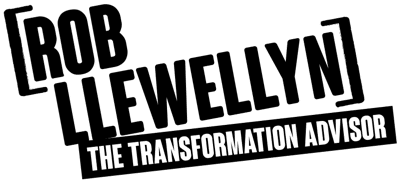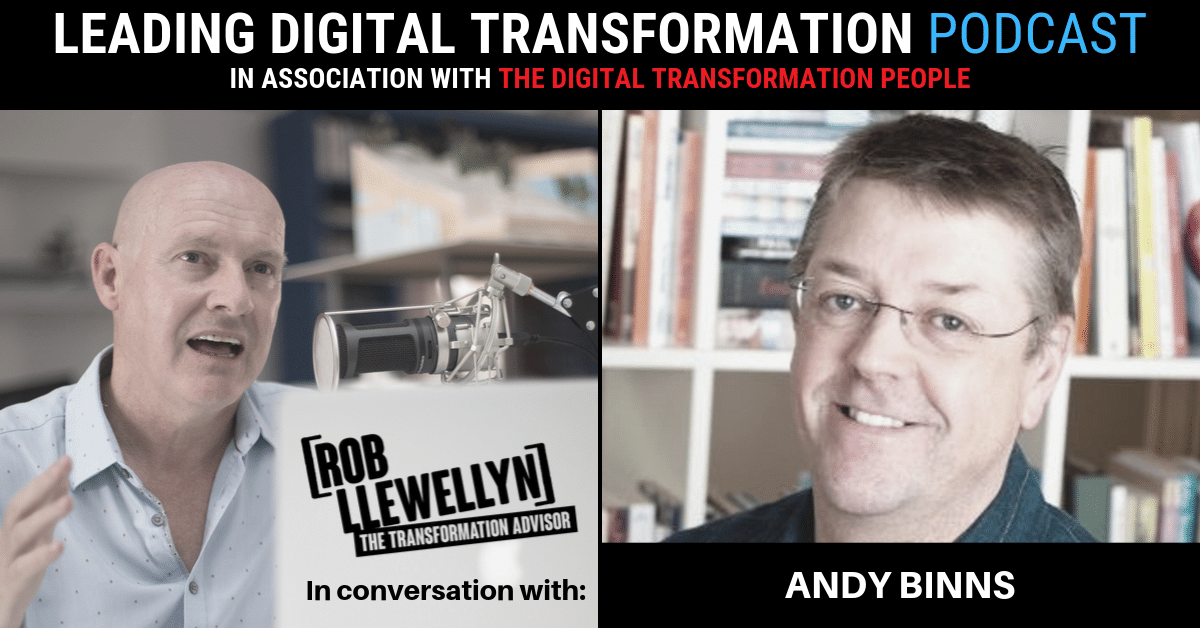In this episode
The threat of disruption from smaller more digitally-savvy firms has motivated many large corporates to launch efforts to build disruptors of their own. A few have succeeded, while many are wondering how to convert some great ideas into revenue-generating units. The difference between them is not the use of a single method or technique, but the ability to manage three distinct innovation disciplines known as ideation, incubation and scaling. My guest today is Andrew Binns. Andy is an executive fellow at the “Centre for the Future of Organization” at Drucker School of Management. Andy’s the managing principal at Change Logic. Research by Andy, Charles O’Reilly from Stanford and Mike Tushman from Harvard finds that most firms over emphasize ideation at the expense of the other two disciplines.
The three disciplines of innovation by Andrew Binns:
We talk about the three disciplines of innovation in terms of disruptive innovation and these also apply to incremental doing better and better at your current business. But our main focus is how are you going to lead disruption, digital disruption, other types of disruption. So ideation is all about generating the new ideas, having fabulous insights, getting breakthrough thoughts, understanding customers’ needs, building empathy with them and finding ways in which you can serve those needs. So that’s ideation.
But you’ve got to then figure out which are good ideas and that’s incubation – prove out whether your understanding of what the customer needs is accurate and whether you can develop a solution to meet those needs and whether they’ll pay for it. That’s incubation.
And then Scaling is turning that proven idea into a revenue-generating business. Ideation, incubation, scaling. And what we find is that a lot of the action if you will in innovation is in the ideation space, and relatively little in the scaling, which is actually where the money is made. And so a lot of our point of view here is how do you rebalance our attention, our effort, our understanding of what businesses need to do so that more can be successful at leading disruption.
“If you’re a CEO or a senior team member you need to state an ambition, you need to have a sense of where you’re taking people and what it is that you want to create. Only then will your disruptive innovation activity make sense because it allows you to set some boundaries around what ideation you’re going to do and where you’re going to generate new ideas.” ~ Andrew Binns
Listen here and read the full transcript below:
Three Stages of Disruptive Innovation
About Leading Digital Transformation
Leading Digital Transformation is a weekly podcast series produced by Rob Llewellyn and The Digital Transformation People. Rob interviews experienced practitioners, authors and thought leaders whose stories and experiences provide valuable insights for digital transformation success.

